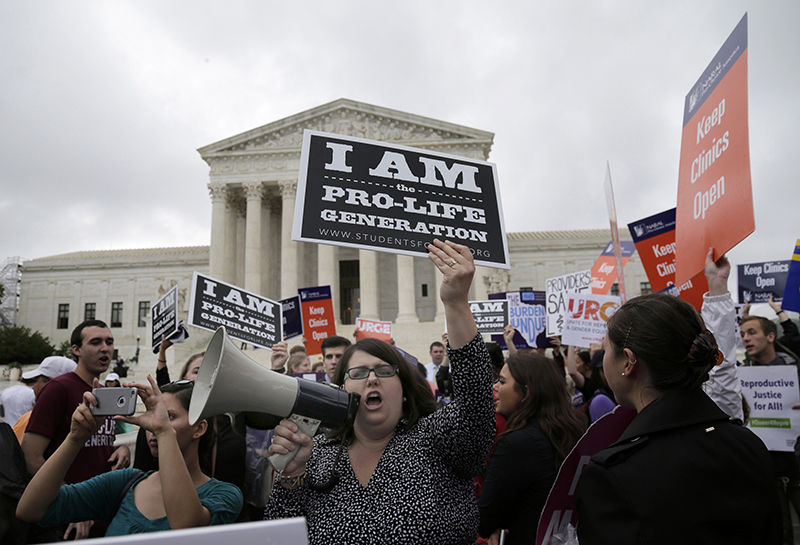I know a Midwesterner who, in the disquieting trough of his middle years, decided to renounce his Catholic faith and proclaim himself an atheist. Because he found the Midwest uncongenial to his new creed, he announced to his family that he wanted to move to California, where he expected to find more like-minded people.
His family put the kibosh on this little anti-hajj, which spared him the disillusionment of discovering how hard it is to finance a mortgage in paradise with Midwestern dollars.
His stereotype of California — a left coast filled with the blissfully godless — is understandable if wrongheaded. It is the result of Hollywood probably, since outside of “The Simpsons,” it is hard to find a TV family of any shade or inclination that has a religious bone in its collective body.
Yet the wonder of my hometown of Los Angeles is how much faith can still be found throughout the city. If a modern-day Abraham were to be bargaining with God to save the City of Angels, he would surely be able to produce thousands of just men and women who love the Lord and live out their faith in daily, hidden acts of service and love.
Sure, some may work for Catholic Charities, but others simply take care of aging relatives or sick children or battered women. Some may teach in parochial schools and religious education programs, but others read Bible stories to their toddlers or make sure their kids get to Mass every Sunday. Some walk the sidewalks outside abortion clinics. Others simply help the frightened and unwed when no one else will.
So much of faith is unseen, like St. Therese’s little way: the humble acts of service, the rosary said while inching forward on the 405, the lighting of a candle in the cool, dark sanctuary of a downtown church. We Catholics are used to the unseen. Perhaps it is our many decades of proving to a hostile culture that we could be good citizens, just like everybody else, so all the things that were not like everybody else were cloistered away.
There is only one day a year when Catholics suddenly become visible again — Ash Wednesday. It is the one day that even television anchors get to display their faith. The rest of the year, we mainly mimic the indeterminate civil religion of the Joneses.
All of this is understandable, but it seems that unseen and unheard these days means only one side gets to make noise.
California may have its share of saints in the making, but it is also home for a lot of the nastier stuff going on out there in the broader culture. Coercive legislation forcing Catholic institutions to fund abortion or provide contraceptives. The new “right” to suicide and the inevitable slippery slope that such a “right” is. The militarization of some social institutions and the moral libertarianism of others.
Catholics do such a good job of being quiet, and have been so good for so long at being quiet, that it will be quite a cultural sea change to start speaking up. But speak up we must. We have to start, however hesitantly, to begin wearing our faith on our sleeves.
For Catholics to do this, however, we have to know both the “whats” and the “whys” of our faith: what we profess to believe as Catholics, and why the Church teaches what it does.
I don’t think this is as easy as it sounds. We may not all be operating like Midwestern atheists, but a lot of us have been on auto pilot. We are pretty smart about technology and business, medicine and law, but we don’t feel very comfortable talking about our faith. For most of us, we stopped any formal instruction in the faith back in high school. Or even grammar school. This is a big challenge for our parishes and Catholic schools: teaching the adults and not just the children.
Of course, the faith is not just about debating points. It is about witnessing, about becoming living examples of what we believe. It means living our lives with that spirit-filled coherence in which what we believe radiates through what we do, and what we do testifies to what we believe.
Catholics aren’t going to win every political argument. We may not be able to protect every innocent life, or provide shelter for every homeless or undocumented person. A democratic society doesn’t mean that our side wins all the time. It does mean that our side gets to have a say. In our country right now, we Catholics need to know what to say and how to stand up for what we believe. Even when it is unpopular. Especially when it is unpopular.
Greg Erlandson was recently appointed editor in chief of Catholic News Service. He is a graduate of Loyola Marymount University.

